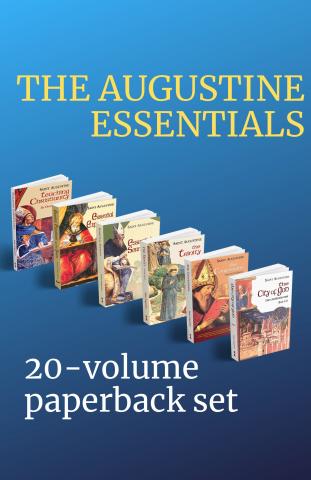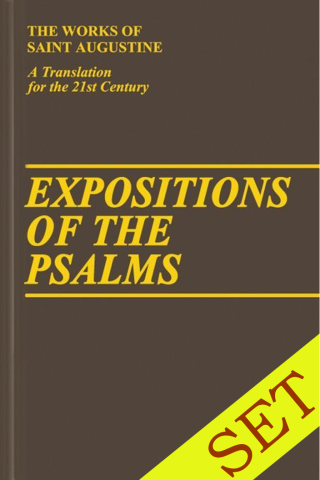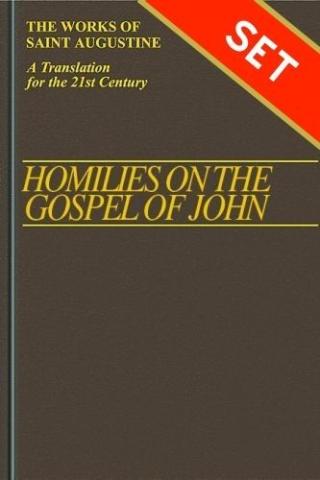
Essential Letters

About the book
The four volumes of Augustine's complete letter corpus, expertly translated by Ronald Teske, SJ, represent a treasure trove of insights into the mind and heart of the Bishop of Hippo. Now, this one-volume compilation brings to the forefront the most essential of Augustine's correspondence. The Essential Letters volume in the series of Augustine's complete works features a rich selection from the Bishop of Hippo's extensive surviving correspondence. Following an informative introductory chapter by Augustine scholar Przemyslaw Nehring, the letters are then arranged in categories that focus on Augustine in his different roles, for example, as philosopher, theologian, exegete, and monastic founder. These writings display Augustine’s wide-ranging concerns with a similarly wide range of correspondents and often provide a glimpse of his character that cannot be obtained in his other writings, not even in The Confessions.
Endorsements
Availing himself of Fr. Teske’s artful translation of Augustine’s letters, Przemyslaw Nehring has come up with an essential selection, thematically arranged. It is a selection, when read alongside Nehring’s introduction and Teske’s notes, that well situates the saint’s theological genius within a late antique, Roman North African context. The Augustine of the letters is less grandiose than the Augustine of the great works, but no less illuminating or complex. Go to the letters to find your way into the social intelligence of the doctor of grace. For students of Augustine—both aspiring and seasoned—this is a volume to be savored.
In his marvelous letters, you meet Augustine the pastor, Augustine the activist, Augustine the counselor and friend. I’m so thrilled that we finally have a volume like this as a gateway to experience the marvelously human saint.
This selection of Augustine’s letters provides an excellent resource for students and scholars alike, deepening readers’ understanding of his thought on central themes through his correspondence, which is often impassioned and lyrical. The letters are personally expressive, but they also address practical matters of ethical, political, and ecclesial importance – a key complement to Augustine’s more formal texts.













